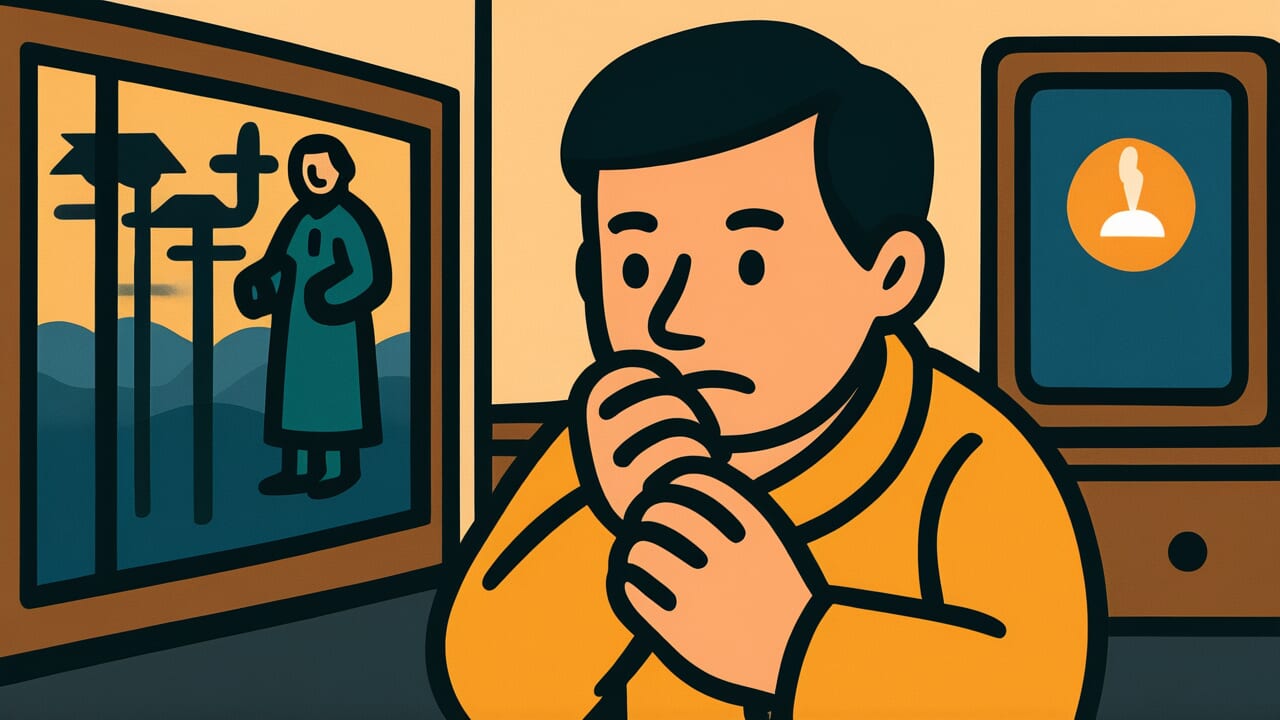How to Read “Be cautious day by day with fear and trembling”
Sensen ritsuritsutaru hi ni ichi nichi tsutsushime
Meaning of “Be cautious day by day with fear and trembling”
This proverb teaches us to always act with caution and self-discipline. It reminds us that no matter how well things are going, no matter how confident we feel, we should never let our guard down.
The saying emphasizes the importance of maintaining a humble attitude throughout life.
People use this proverb when advising someone who might become arrogant after success. It also serves as a personal reminder to stay grounded.
You should remember these words especially when you get promoted, when your skills improve, or when others start recognizing your achievements.
The reason this expression matters is simple. Humans tend to become arrogant when they succeed. We lose our carefulness and start making mistakes.
By maintaining a sense of tension, as if we’re always walking on thin ice, we can avoid major failures. This mindset helps us grow continuously.
Even today, this wisdom applies to business and relationships. Staying humble and disciplining yourself daily remains essential for success.
Origin and Etymology
No clear historical records document the exact origin of this proverb. However, we can learn much from examining how the phrase is constructed.
The four-character phrase “sensen ritsuritsutaru” comes from ancient Chinese classics. It describes a state of trembling with fear and caution.
This expression originally derives from “sensen kyokyou” found in the Shijing (Book of Songs). It depicted someone acting carefully, as if standing at the edge of a deep abyss or walking on thin ice.
The character “sen” here doesn’t mean “to fight.” Instead, it describes how your body trembles when you’re afraid.
The phrase “hi ni ichi nichi tsutsushime” (be cautious day by day) was likely added in Japan. It emphasizes treating each day as precious and approaching every day with fresh caution.
By combining classical Chinese expression with practical Japanese daily wisdom, the proverb became a concrete guide for action. It’s more than just philosophy—it’s a daily practice.
This saying represents a fusion of ancient Chinese thought and Japanese practical life philosophy. It captures the Eastern value of constant humility in a single powerful phrase.
Usage Examples
- I just got promoted, but I’ll approach my work with the spirit of “be cautious day by day with fear and trembling,” staying even more focused than before
- When things are going well, I remember “be cautious day by day with fear and trembling” to keep myself humble
Universal Wisdom
This proverb has survived through generations because it understands a fundamental human weakness. When we succeed, our hearts naturally relax. We become complacent.
Our ancestors learned through experience that smooth times are actually the most dangerous. The higher you climb, the harder you can fall.
As your abilities grow, you start overestimating yourself. You forget to consider others. Before you realize it, you’ve made an irreversible mistake.
What’s interesting is how this proverb uses such strong language. It doesn’t just say “be careful.” It tells you to tremble with fear, as if walking on thin ice.
This intense warning comes from deep understanding of human nature. People let their guard down so easily that only strong words can keep them alert.
The phrase “day by day” is equally important. Being careful once isn’t enough. You must discipline yourself anew every single day.
This is difficult because humans forget easily and adapt quickly to comfort. That’s why daily practice of humility becomes essential wisdom for navigating a long life safely.
When AI Hears This
The human brain normally operates by creating “predictive models” to save energy. By assuming “tomorrow will be like today,” the brain avoids unnecessary calculations.
But this proverb tells you to deliberately turn off that energy-saving mode.
From a neuroscience perspective, this contains a fascinating contradiction. Maintaining constant vigilance means keeping your amygdala—the danger detection center—running at all times.
When the amygdala stays active, your brain continuously releases stress hormones. Your heart rate increases. Research shows this state raises brain energy consumption by about 20 percent.
What’s even more interesting is that constant vigilance means aiming for “zero prediction error.” In other words, you’re running your brain at full capacity to eliminate all surprises.
But here’s the irony. When the brain fears prediction errors too much, it actually loses flexibility. You can’t absorb new information because there’s no mental space left.
So while this proverb works for short-term crisis management, it risks reducing the brain’s long-term adaptability. This is a rare case where ancient wisdom directly conflicts with modern neuroscience.
Lessons for Today
This proverb teaches modern people that the real test comes after success. You get likes on social media, achieve results at work, and earn recognition from others.
In those moments, we unknowingly become arrogant. We lose sight of what truly matters.
Modern society values speed and efficiency. We’ve lost time to stop and reflect on ourselves. That’s exactly why we need to consciously practice humility.
Every morning, promise yourself to live carefully today. Every night, ask yourself if you became arrogant or looked down on anyone.
These small habits will protect you from major failures.
This teaching doesn’t mean you shouldn’t have confidence. Rather, it shows that true confidence coexists with humility.
Believe in your abilities while never losing your willingness to learn. This balanced approach is the path to a long and fulfilling life.



Comments